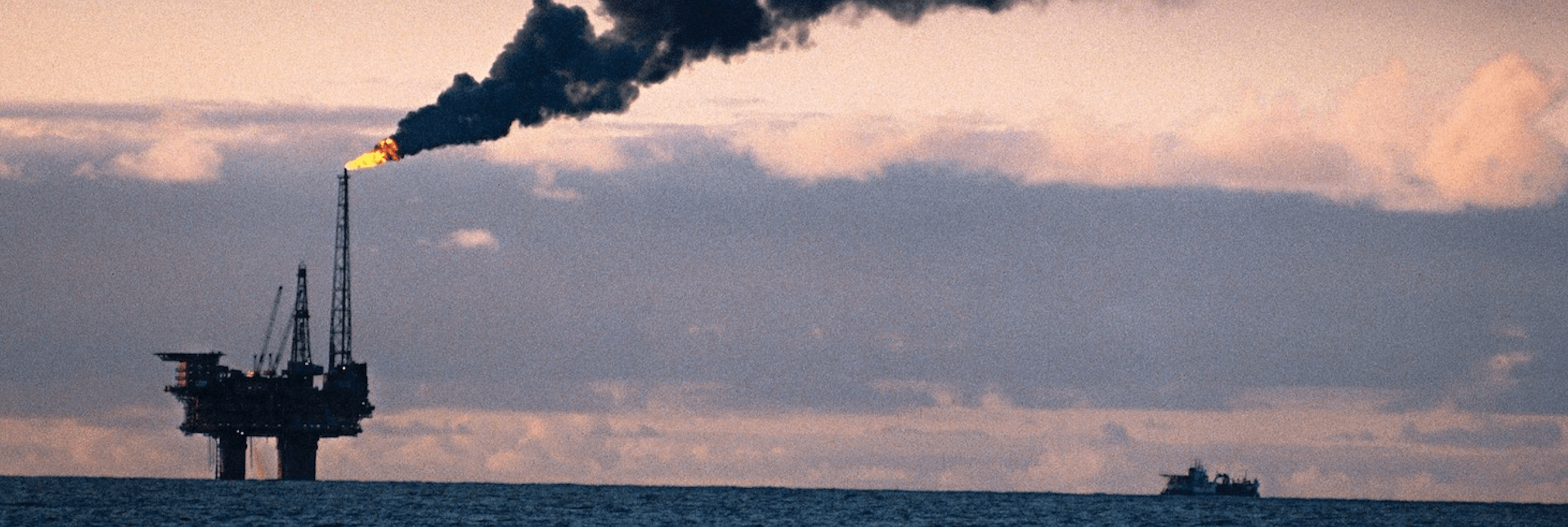
The ocean, natural ecosystems, soils, the biosphere, everything that makes up the “Earth System” is on the brink of collapse. Conflicts, forced migration and epidemics are all humanitarian emergencies that climate change is making more likely and more intense. Each new campaign to explore or exploit fossil fuels condemns the world as we know it to extinction. In many ways, it’s already too late: our addiction to fossil fuels has already taken us beyond certain points of no return.
This year marks the tenth anniversary of the Paris Agreement. At that time, the world’s governments pledged to do everything in their power to limit global warming to below 1.5°C, or 2°C, as beyond these limits, the climate system would spiral out of control, jeopardizing our planet’s very habitability. Ten years on, what should have been a celebration of progress has turned into an assessment of disaster: 2024 was the first year to exceed the threshold of 1.5°C warming compared to the pre-industrial era. Climatologist James Hansen even considers that staying below +2°C is now impossible.
Scientists are categorical: our existing oil, gas and coal exploitations are sufficient to emit enough greenhouse gases to reach the +2°C limit. As a result, no more new fossil fuel projects should be developed, and part of the world’s fossil fuel industry should be abandoned.
And yet, fossil fuel companies continue their headlong rush into the future, unperturbed: Shell and BP cynically renege on their climate commitments, while American companies are encouraged to « drill, baby, drill » by Donald Trump. In France, industries and banks are still legally authorized to exploit and finance new hydrocarbon deposits. In 2024 alone, TotalEnergies announced more than twenty new investments in fossil fuel projects on every continent.
This fossil fuel expansion is a double whammy for the ocean, since the vast majority of new fossil fuel projects developed in recent years are offshore. The largely underestimated impacts of offshore hydrocarbon extraction are compounded by the warming and acidification associated with induced greenhouse gas emissions.
The Intergovernmental Panel on Climate Change (IPCC), the International Energy Agency (IEA), and we, the citizens, have all understood that it has become imperative for states to prohibit their companies from developing new fossil fuel projects.
The Fossil Fuel Non-Proliferation Treaty initiative aims to prohibit the opening of new fossil energy projects, to plan the fossil fuel phase-out, and to guarantee a transition that is equitable between countries and socially just. Launched in 2019 by small island states threatened with extinction in a few decades due to rising sea levels, the call to open international negotiations for such a treaty is already supported by 16 states, the World Health Organization, the European Parliament, over 800 parliamentarians from 100 countries, 130 cities and communities, and over 100 Nobel Prize winners.
France must join the call of nations asking for the opening of international negotiations, and pursue the implementation of the non-proliferation of fossil fuels on its territory and for its companies. The President of the French Republic must speak out today in favor of the initiative for an international treaty on the non-proliferation of fossil fuels, and support the opening of international negotiations.
We can’t wait for those responsible for climate chaos to take responsibility for themselves and give up their profits.
Our future is being decided today.
Let’s act before it’s too late.
Sign here!
5,118 people have already signed
